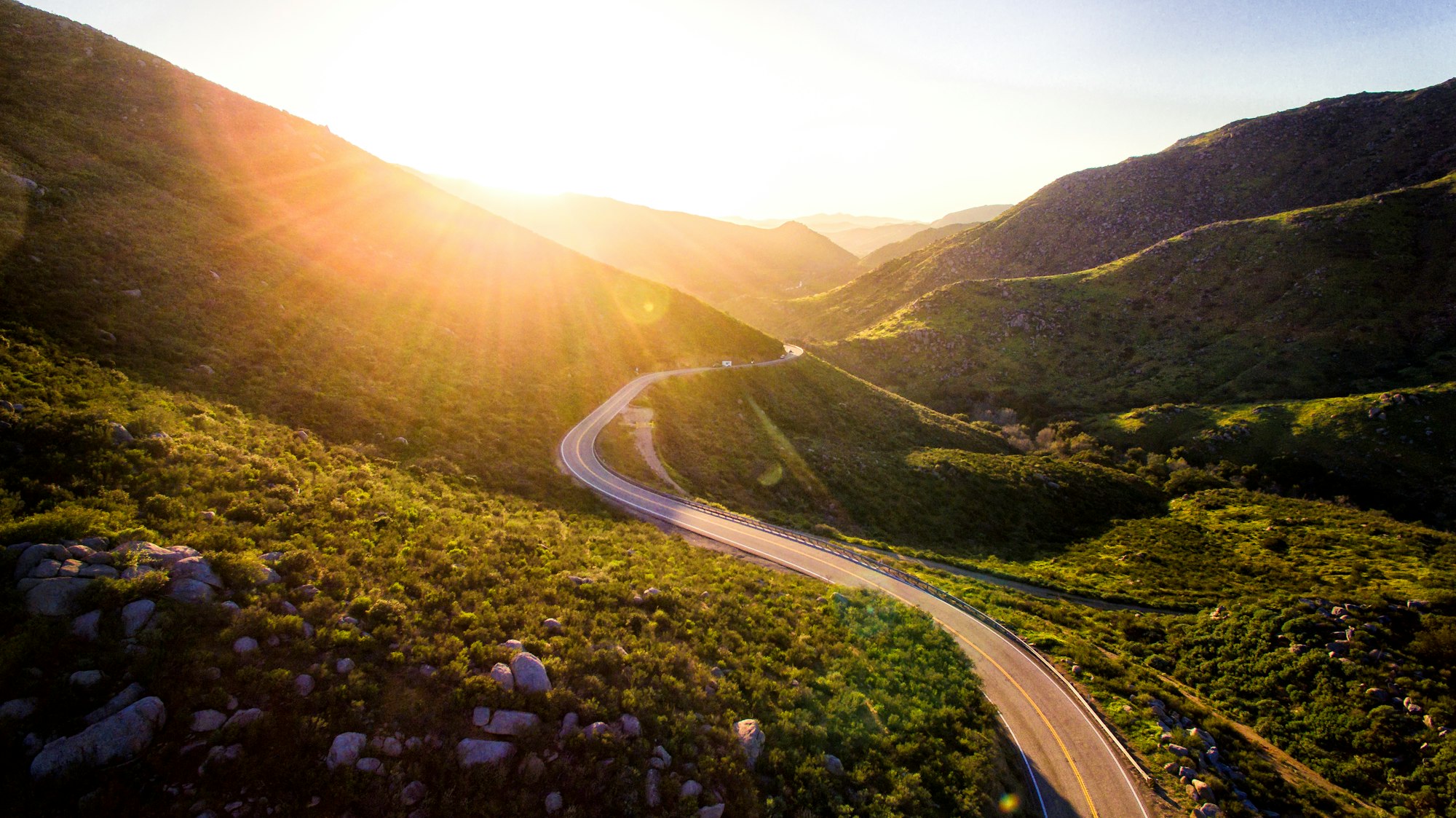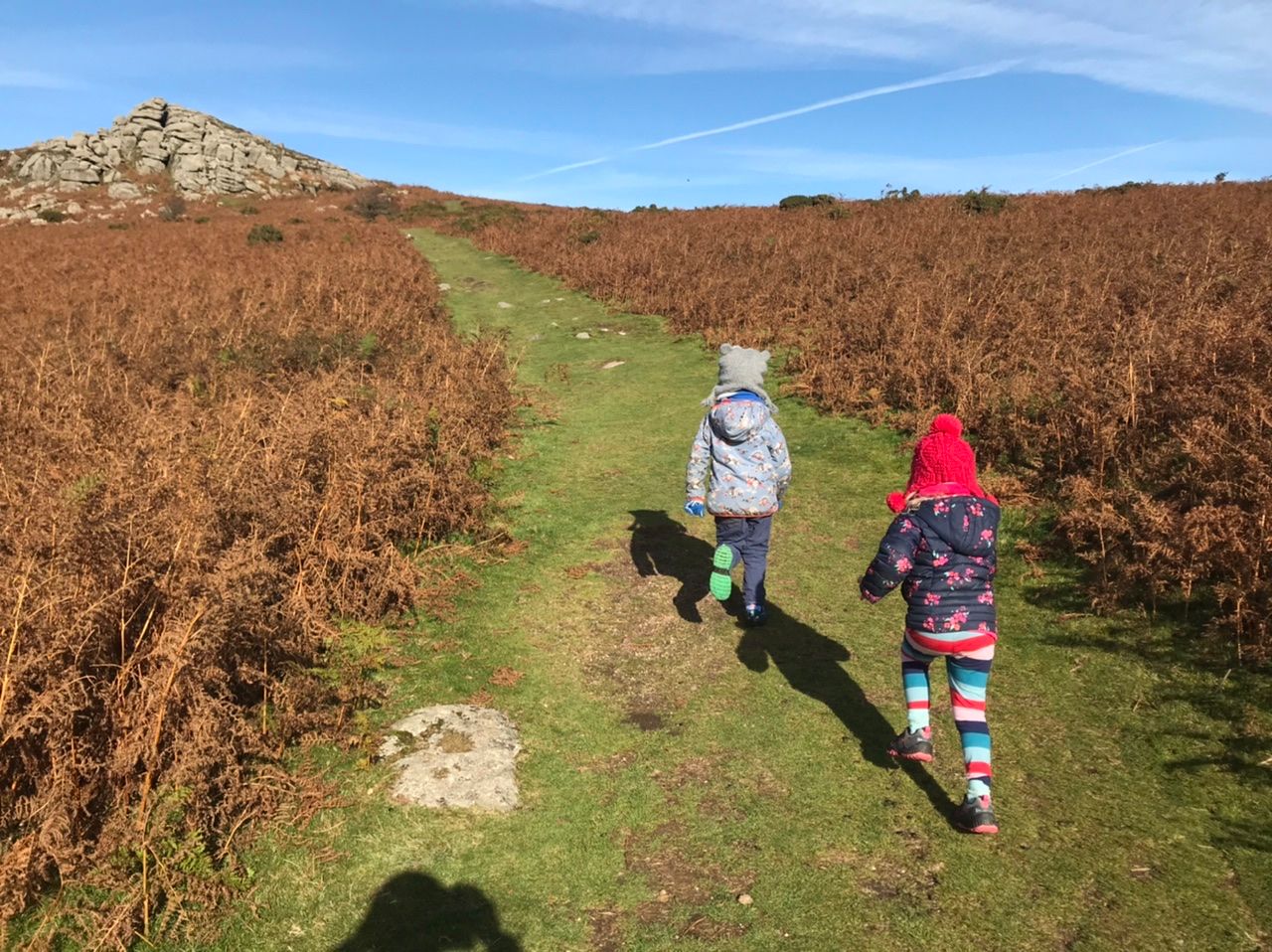Saturday Blueprint on Learning from Children
Children can teach us a lot about being present if we just take a moment to observe.

Hi 👋. Here is this week's Saturday Blueprint.
🤔 Quote I’m thinking about
“Loneliness, longing, does not mean one has failed but simply that one is alive.” — Olivia Laing
Feelings of loneliness are interesting, like much of human emotions and the brain, because loneliness is a perception, a mindset, as opposed to some absolute property or state. In essence, at some deep level you choose to be lonely. This is why it’s entirely possible to feel lonely surrounded by people. I’ve certainly been here - put me in any kind of sporting conversation - F1, football, whatever - and I’ll feel disassociated and disconnected. This quote resonates with me because, like any emotion even negative ones, just the ability to feel means you’re alive.
🚦 The journey is the goal
I’m a driven and sometimes intense person. I've been trying to be mindful of when I’m like this and when I default into a goal-orientated mode. Sometimes I need to remind myself that the journey is the goal.
A perfect example of this on walks with my children. I love walking. I love getting the OS Map out and planning the walk. But in the planning I’m already constructing in my mind the success criteria - to visit a certain Tor on Dartmoor, to make a nice circular walk that’s a good distance.
And then I’m rudely reminded that no plan survives contact with the enemy, as my kids proceed to take turns in: having a tantrum, needing a wild wee or poo (😬), whining about being hungry, getting a stone in their welly, …. Of course the plan is, and always was, entirely a work of fiction. And yet I made the plan and so I have an irrational attachment to it. This leads to a feeling of loss, and then resentment and frustration towards my children for “ruining” the day. It sounds almost absurd to write this but it’s what happens and it is how I think, at least when I’m not thinking about thinking, when I’m in lizard brain irrational mode.
The solution is simple of course. I need to reframe the goal. (It’s back to perception again, and just how important perception and mindset is for how much we enjoy life). The goal of a family walk is to spend quality time with my children. The goal is not to hit a certain distance or number of steps, or to to bag a particular landmark. The goal, the only goal that matters, is to be present, to enjoy the journey, to enjoy the time as a family. The goal is to laugh and smile as I dig a cat hole with a rock for my daughter to do a wild poo in. The goal is to hug and care when my son scrapes his knee on a piece of unyielding Dartmoor granite. The goal is to walk at the pace of the slowest, which just so happens to be precisely the right pace for a nice conversation.
🪩 Dancing without a care
I went to my wife’s work summer BBQ the other weekend. It was a wonderful family affair with lots of kids and outdoor games (giant jenga, snakes and ladders, a bouncy castle). But what really drew the kids was the dance stage inside the marquee. My kids would get up on this stage and dance (clearly stealing my moves that I’ve spent years honing, starting from my nights at ISIS in Nottingham). To watch them dance is to be shown a window into the past, to a time without inhibition. There must be an age when the care-free freedom of the young fades away. Replaced by what we’re now burdened with as adults - a crushing self-consciousness, an ego, inhibition.
Kids (not just mine, but all the kids at the party) would get up on the stage and dance as if they were the only person left in the Universe. Because they want to, because they can, and because they have no care about what other people think of them. To reach the same level of freedom would take an adult several beers or a bottle of wine!
So when do we lose this care-free freedom? At what point in our childhood or adolescence are we burdened with inhibitions? I don’t know, but it’s a wonderful thing to see children just dancing. They don’t care about rhythm or moves, they just feel the music and let go. They are wholly present.
Fellow uptight adults - we can learn a lot from that.
(I enjoyed a book by Mark Manson called The Subtle Art of Not Giving a F*ck - it’s a good reminder to practice chucking out the ego and worrying less).
💍 Cool finds
A quick list of things I've read or found this week that I want to share.
I listened to this Zoe podcast where they shared two simple ways to improve blood sugar control dramatically. The takeaways for me were:
- The acetic acid in apple cider vinegar is a huge benefit: have a drink with 1tsp of apple cider vinegar before each meal
- The order of eating the food on your plate matters: eat leafy vegetables, then protein, then starchy vegetables

If you enjoyed this post then you might also like this essay on children and life:

It’s a pleasure writing to you. Have a great week. 😊
Nick
About the Saturday Blueprint
The Saturday Blueprint is a weekly newsletter every Saturday on health, vitality and philosophy by Nick Stevens.
Join the Facebook page to interact with the community.
